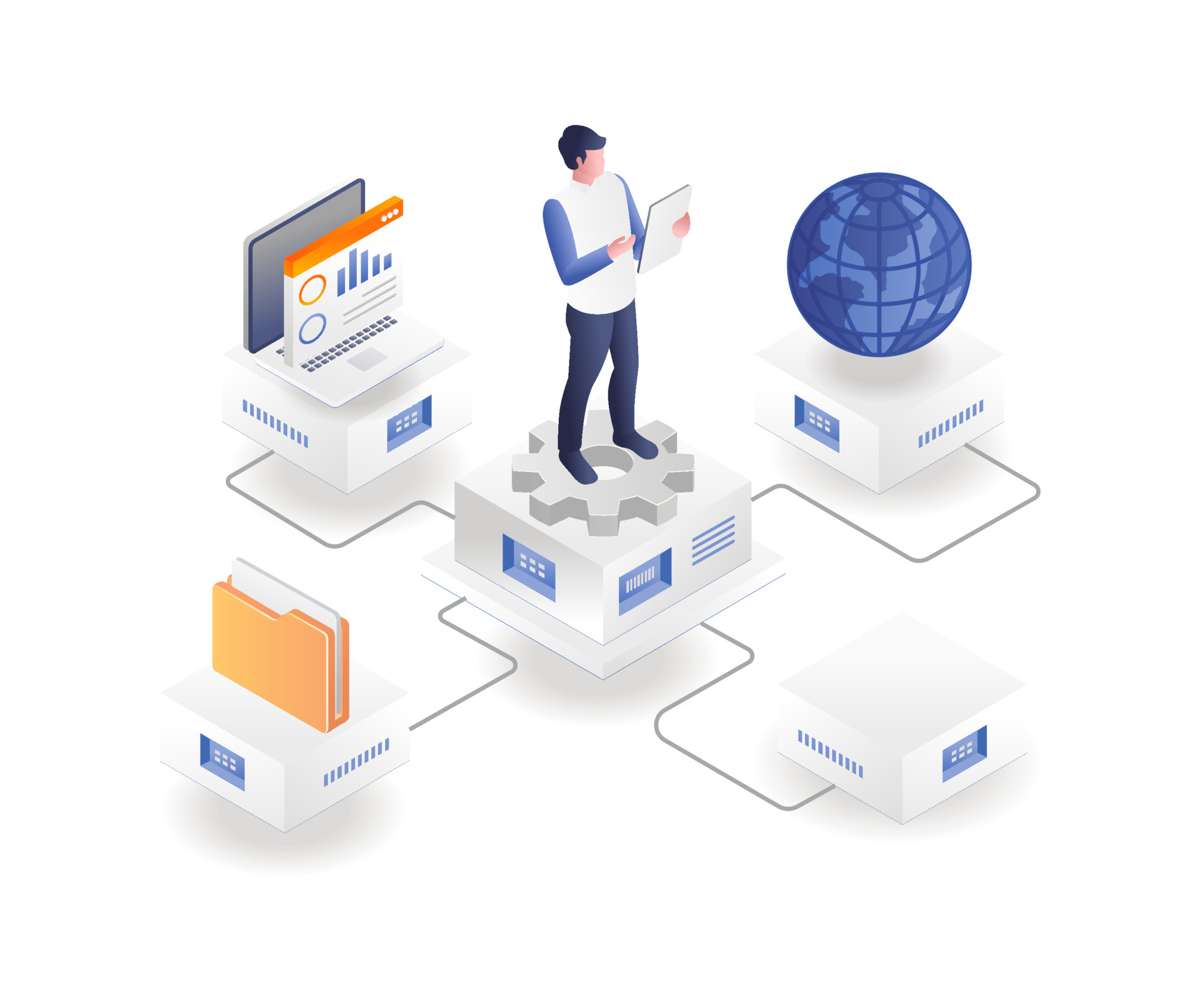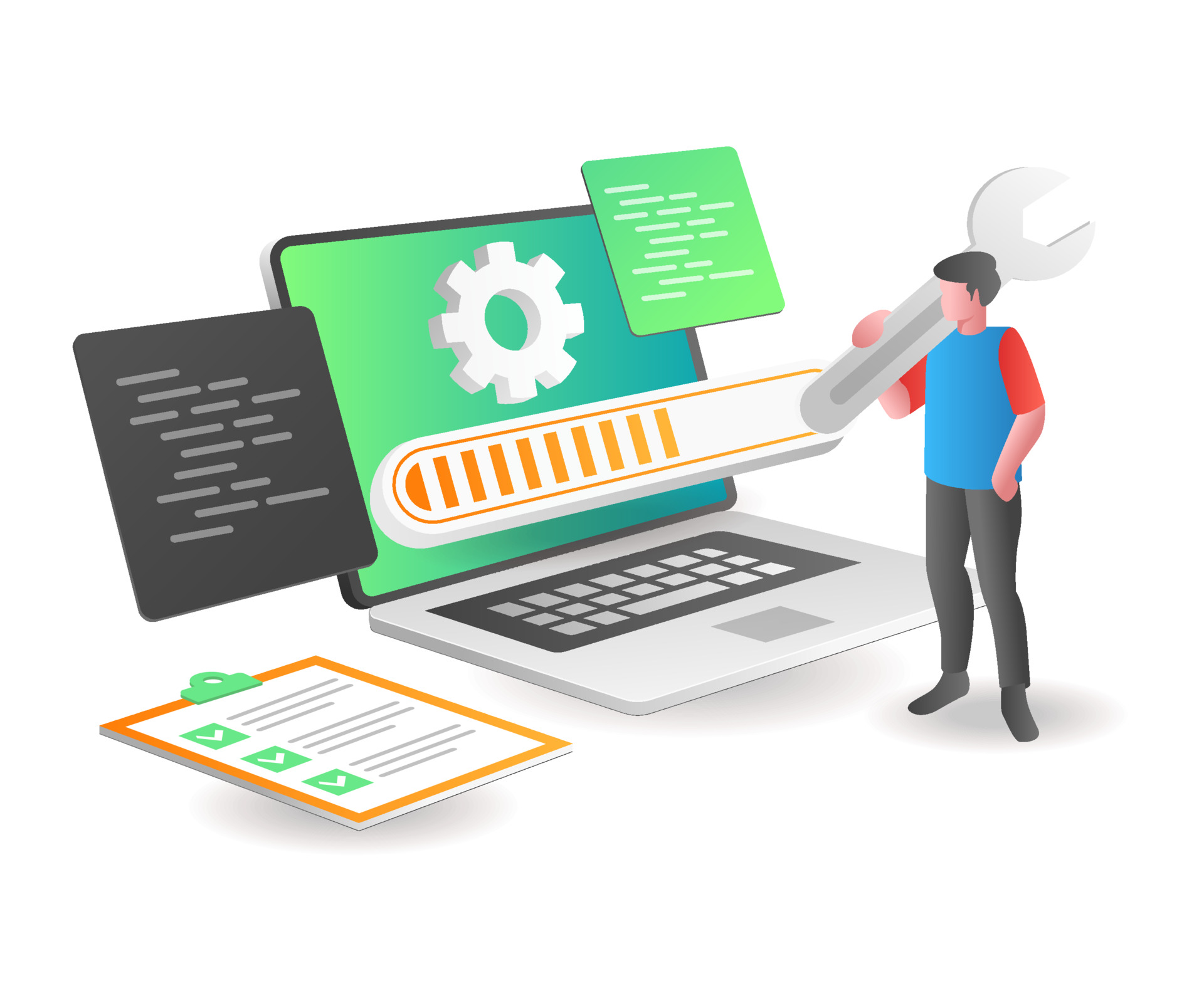ServiceNow Implementation and Support
ServiceNow Implementations and Support involves setting up and optimizing ServiceNow, a cloud-based platform primarily used for IT Service Management (ITSM), IT Operations Management (ITOM), and IT Business Management (ITBM), among other enterprise functions. These services are designed to help organizations streamline workflows, automate processes, and improve overall efficiency in managing IT and business services.
1. ServiceNow Implementation
The implementation of ServiceNow is a comprehensive process that includes several steps to ensure the platform is tailored to meet an organization's specific needs. Key activities include:
- Discovery and Assessment: Working closely with stakeholders to understand the organization's current processes, pain points, and objectives. This phase also involves identifying key workflows, integrations, and automation opportunities.
- Platform Configuration: Configuring core ServiceNow modules such as ITSM, ITOM, ITBM, HR Service Delivery, and more to align with the organization's specific requirements.
- Customization and Development: Customizing ServiceNow applications, forms, workflows, business rules, and user interfaces to tailor the platform to unique business needs.
- Data Migration: Planning and executing the migration of data from existing systems into ServiceNow, ensuring data accuracy, integrity, and compliance with data governance policies.
- Integration with Other Systems: Integrating ServiceNow with other enterprise applications (e.g., ERP, CRM) to create a unified IT ecosystem.
- Testing and Quality Assurance: Conducting thorough testing to validate that all configurations and customizations meet business requirements.
- User Training and Enablement: Providing comprehensive training sessions to help end-users, administrators, and developers effectively use and manage the platform.
- Go-Live and Post-Implementation Support: Supporting the initial deployment phase to ensure a smooth transition to the live environment, including monitoring system performance and addressing any immediate issues.

ServiceNow Support: Ongoing support services ensure that the ServiceNow platform continues to meet business needs as they evolve. This includes system optimizations, updates, and troubleshooting.

2. ServiceNow Support
Ongoing support services ensure that the ServiceNow platform continues to meet business needs, remains up-to-date, and functions optimally. Key components of support include:
- Technical Support: Providing 24/7 support for resolving technical issues and user-reported incidents.
- Platform Maintenance and Upgrades: Regularly applying patches and new releases for enhanced features and security.
- System Optimization: Continuously improving system performance and efficiency.
- Custom Development and Enhancements: Developing new functionalities as business needs evolve.
- Security Management: Ensuring robust security practices and compliance with data privacy regulations.
- Reporting and Analytics: Assisting with reports, dashboards, and analytics for business insights.
- User Management and Training: Offering ongoing training sessions and updated documentation for users.
- Incident and Change Management: Supporting IT teams in managing incidents, changes, and service requests.
- Compliance and Audit Support: Maintaining compliance with industry standards and regulatory requirements.
Benefits of ServiceNow Implementation and Support
- Improved Efficiency and Productivity: Streamlines workflows, automates routine tasks, and reduces manual processes, leading to faster service delivery and reduced operational costs.
- Enhanced Service Delivery: Improves the quality and speed of IT service management, leading to higher customer and employee satisfaction.
- Increased Visibility and Control: Provides real-time visibility into operations through dashboards, reporting, and analytics, enabling better monitoring and decision-making.
- Scalability and Flexibility: Easily scales to meet growing business needs, allowing organizations to add new functionalities or users without significant infrastructure changes.
- Centralized Management: Unifies IT and business processes on a single platform, improving collaboration across departments and reducing silos.
- Continuous Improvement: Ongoing support ensures the platform remains optimized and aligned with changing business requirements and industry best practices.
- Enhanced Security and Compliance: Ensures data security and regulatory compliance through robust security features, audit trails, and privacy protocols.